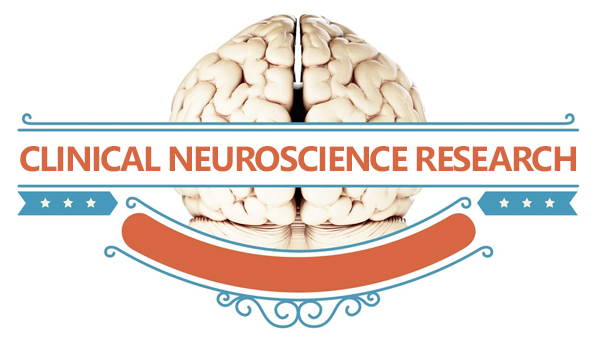
Today’s neuroscience research is giving us clues into how we can enhance brain cognition, fight cognitive disorders, and stay in prime mental shape.
Fight Alzheimer’s With… Orange-Colored Glasses?
In recent years, neuroscientists have dusted off the decades-old question of how blue light—naturally abundant during the day, but creeping into the evening thanks to smartphones, tablets, and computers—affects our sleep schedules. A 2014 Hardvard study found that light-emitting e-readers had a negative effect on readers’ sleep time, melatonin production, and alertness.
Interrupted sleep doesn’t just make you drowsy the next day. In 2013, researchers at Stanford University confirmed that a lack of regular sleep can result in build-ups of beta-amyloid, a neurotoxin that clumps up in in the brains of patients with dementia and Alzheimer’s disease.
Fortunately, there are easy ways to get your brain ready for bed. Software can add an orange tint to screens before bed, and a wide range of retailers offer orange-tinted glasses that offset the disruptive blue light.
The Brain Is Like a Muscle—So Exercise It!
Our brains boast phenomenal plasticity—gray matter can shrink or thicken, and neural connections can grow stronger or weaker or even disappear entirely. But as MIT lecturer Tara Stewart outlines in her 2015 book Neuroscience for Leadership, by the time we reach age 25, our brains have gotten used to operating in a certain way, and we start to lose that plasticity.
That’s why it’s important to stretch our brains beyond their comfort zones by learning something new, such as a new language, a new instrument, or a new skill like juggling or knitting, regardless of your age. Learning is a great way to enhance brain cognition.
But Don’t Forget to Move Your Body!
A 2014 study from the University of Illinois at Urbana-Champaign found a link between regular physical exercise and the ability to focus on a given task, block out irrelevant information, and switch back and forth between cognitive tasks. It’s simple: Physical activity gets our heart rates up, our oxygen pumping to the brain, and new cells developing more quickly.
Do your brain a favor—get plenty of exercise, plenty of sleep, and learn something new. Your brain will thank you for it!


